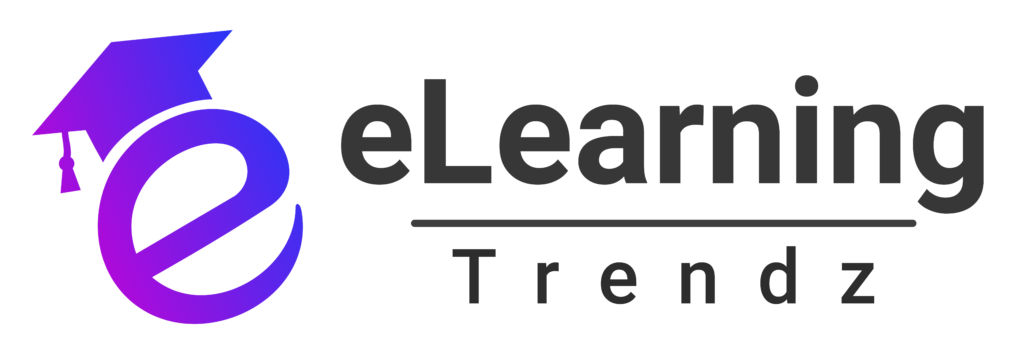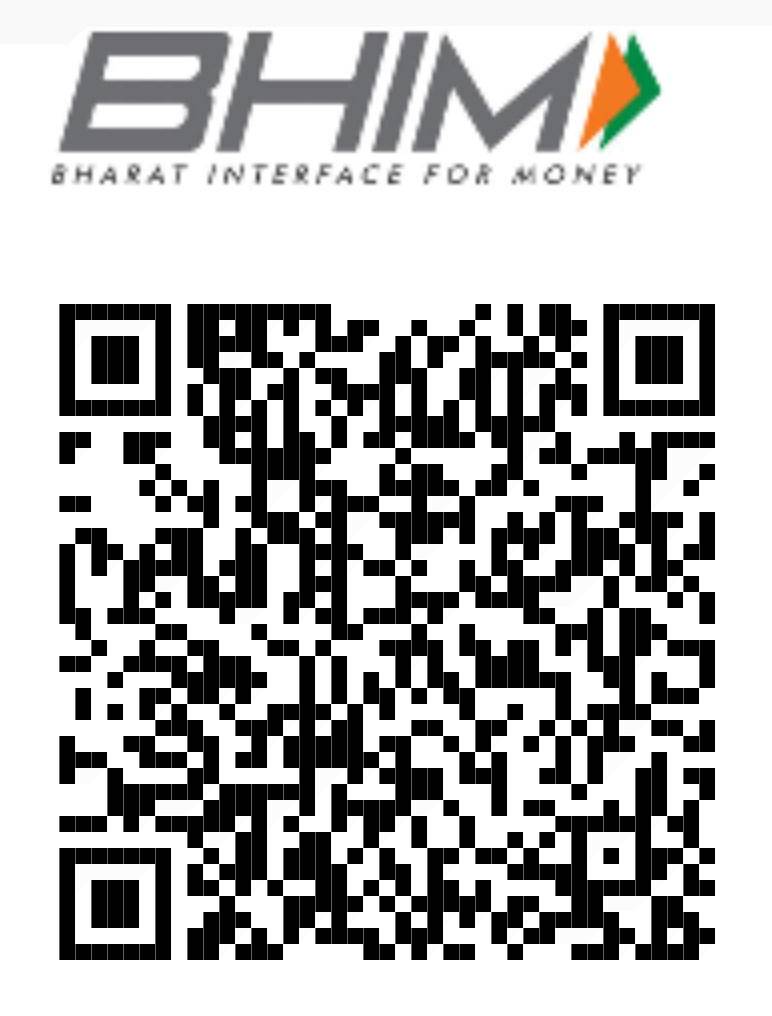Security is critical when choosing a Learning Management System (LMS), especially for organizations handling sensitive learner data, corporate training materials, or compliance-based training. A secure LMS protects against data breaches, unauthorized access, and cyber threats while ensuring compliance with industry regulations like GDPR, ISO 27001, HIPAA, or SOC 2.
In this blog, we explore the seven essential security features to look for when selecting an LMS to safeguard your data and ensure a secure learning environment.
Why is LMS Security Important
An LMS stores and processes vast amounts of sensitive information, including:
- User profiles & personal data such as email addresses, passwords, and personal learning history
- Corporate intellectual property, including proprietary training content, certifications, and internal knowledge resources
- Confidential assessments & certifications that must be protected against leaks or unauthorized access
- Financial transactions (if monetizing courses) that include payment details that cybercriminals may target
Without proper security measures, an LMS could become a target for cyberattacks, leading to data leaks, compliance violations, and reputational damage. A breach in LMS security could result in financial losses, regulatory fines, and loss of trust among employees, learners, or customers.
Here are the top security features every LMS should have.
Data Encryption (SSL & End-to-End Encryption)
What It Does
Encryption ensures that all data stored and transmitted within the LMS remains secure and unreadable to unauthorized users. It protects data from being intercepted or accessed by hackers during transmission over the internet.
Key Features to Look For
- SSL/TLS encryption ensures secure communication between the LMS and users’ browsers
- End-to-end encryption protects data at every stage, from storage to transmission.
- AES-256 encryption is the industry-standard security level, providing bank-grade encryption
Why It Matters
- Protects user credentials and prevents unauthorized access to training materials
- Ensures compliance with data protection laws such as GDPR and HIPAA
- Reduces the risk of data breaches and cyber theft
Example
When a user logs into an LMS, encryption ensures that their credentials and data remain private, even if intercepted. Hackers can steal login details and sensitive company data if encryption is weak or absent.
Paradiso LMS uses strong encryption protocols to protect user data from cyber threats.
Role-Based Access Control (RBAC) & User Permissions
What It Does
Role-based access Control (RBAC) ensures that only authorized users can access specific content, courses, or administrative settings. This limits the risk of internal data breaches and unauthorized modifications.
Key Features to Look For
- Multi-level user roles (Admins, Instructors, Learners, HR, etc.)
- Custom permissions to restrict access to sensitive data
- Least privilege access ensures users only see what they need
Why It Matters
- Prevents unauthorized access to confidential training data
- Helps HR and IT teams manage permissions efficiently
- Ensures compliance with data protection policies
Example
In an enterprise LMS, an HR manager can access training reports but cannot modify course content, keeping training secure.
Paradiso LMS offers customizable user roles to ensure controlled access.
Single Sign-On (SSO) & Multi-Factor Authentication (MFA)
What It Does
SSO and MFA help enhance login security and prevent unauthorized access. These features ensure users log in securely while minimizing the risk of password theft.
Key Features to Look For
- SSO Integration with Google, Microsoft, SAML, LDAP
- MFA with OTP, mobile authentication, or biometric security
- Automatic logout for inactive sessions
Why It Matters
- Reduces password fatigue and improves user convenience
- Strengthens security by requiring multiple authentication steps
- Prevents unauthorized access even if passwords are compromised
Example
A company using SSO allows employees to access the LMS without multiple passwords, reducing security risks.
Paradiso LMS supports SSO and MFA, ensuring secure access across all users.
Secure Cloud Hosting & Compliance Certifications
What It Does
A secure LMS should be hosted on a reliable cloud infrastructure that complies with global security standards to protect against cyber threats and data breaches.
Key Features to Look For
- ISO 27001, SOC 2, and GDPR compliance for data security
- Cloud hosting on AWS, Azure, or private servers
- Regular security audits and penetration testing
Why It Matters
- Ensures data integrity and availability
- Provides continuous security updates and patches
- Meets compliance requirements for data protection
Example
An LMS hosted on AWS or Microsoft Azure benefits from enterprise-level security to prevent hacking attempts.
Paradiso LMS is ISO 27001 & SOC 2 certified, ensuring top-tier security.
Automatic Data Backup & Disaster Recovery
What It Does
Backup and disaster recovery mechanisms ensure that learning data is never lost due to technical failures, cyberattacks, or human errors.
Key Features to Look For
- Daily automated backups with secure storage
- Geo-redundant data centers for disaster recovery
- Quick data restoration options
Why It Matters
- Ensures business continuity in case of data loss
- Protects against ransomware attacks and accidental deletions
- Provides peace of mind to organizations handling critical learning data
Example
If a training organization accidentally loses course progress, backups ensure no critical data is lost.
Paradiso LMS offers automated data backup and disaster recovery for business continuity.
Secure API & Third-Party Integrations
What It Does
APIs allow the LMS to connect with other tools (CRM, HRMS, payment gateways), but they must be secure to prevent cyber threats and unauthorized data access.
Key Features to Look For
- OAuth 2.0 authentication for API access
- Data encryption in third-party connections
- Regular security updates for APIs
Why It Matters
- Protects against data leaks when integrating third-party tools
- Ensures safe communication between the LMS and external apps
- Prevents unauthorized data access through API vulnerabilities
Example
Encrypted APIs protect sensitive user and payment data if an LMS integrates with Salesforce or Stripe.
Paradiso LMS follows secure API best practices for safe third-party integrations.
Activity Monitoring & Audit Logs
What It Does
Audit logs track all user activities and security events to detect unauthorized access or suspicious behavior.
Key Features to Look For
- Detailed logs of user actions (login, course access, data modifications)
- Real-time alerts for unusual activities
- Compliance-ready reporting for audits
Why It Matters
- Helps identify potential security threats before they escalate
- Ensures compliance with IT security policies
- Provides transparency in user activity tracking
Example
Security alerts notify admins of potential cyber threats if an LMS detects multiple failed login attempts.
Paradiso LMS provides audit logs and real-time activity monitoring for proactive security management.
Final Thoughts
A secure LMS protects learner data, prevents cyber threats, and ensures compliance with industry regulations. Organizations can ensure safe and compliant online training environments by choosing an LMS with robust security features.
Looking for a secure LMS with enterprise-grade security? Book a Free Demo with Paradiso LMS today










